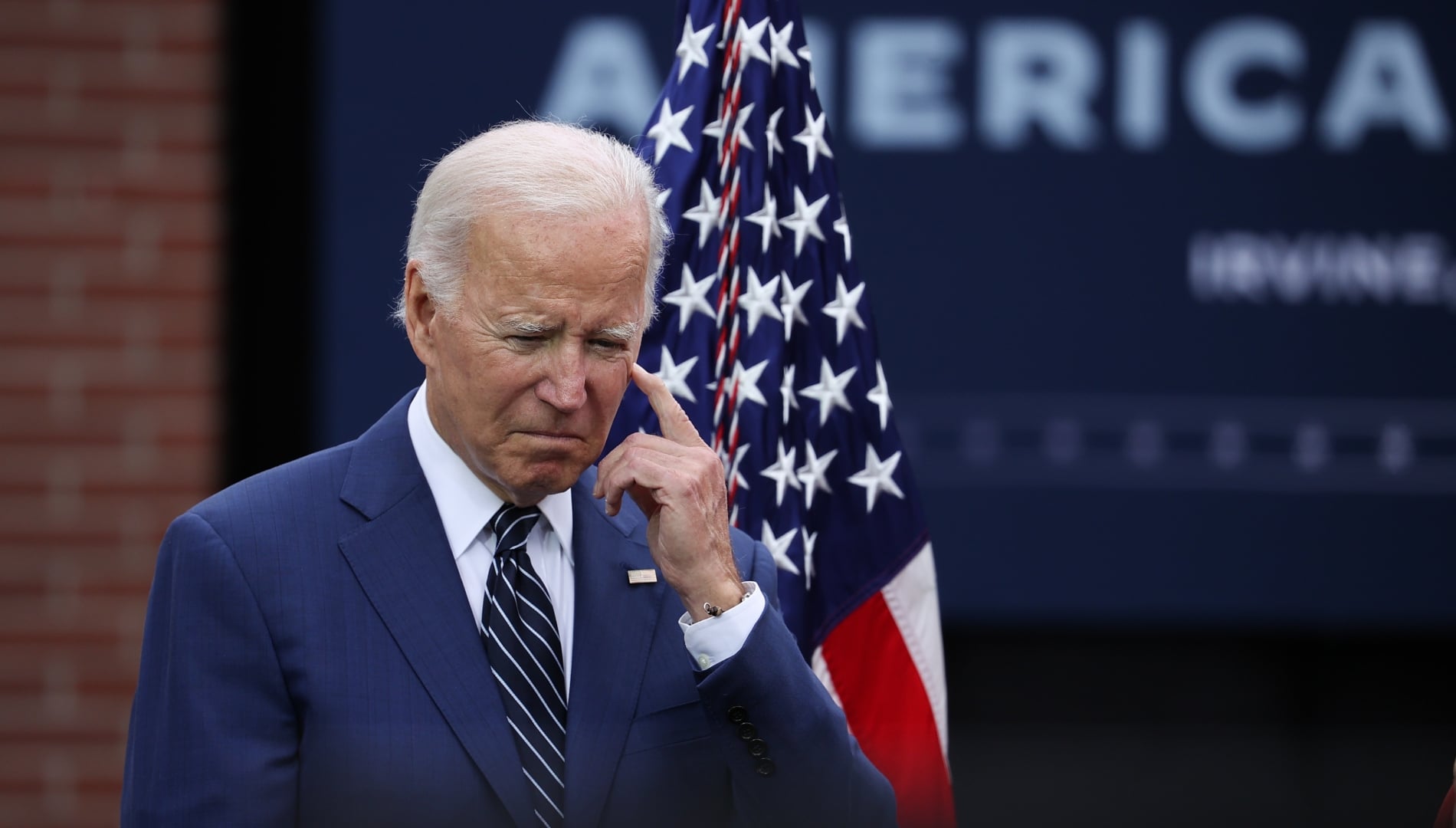OPINION: This article may contain commentary which reflects the author's opinion.
The Biden administration has lost another case in federal court regarding the Second Amendment.
According to reports last week, U.S. District Judge Joseph Goodwin in Charleston, W. Va., ruled that a federal ban on guns without a serial number or with a serial number removed is unconstitutional in the first such ruling since the U.S. Supreme Court upheld broader gun rights in a June ruling.
Goodwin ruled on Wednesday that the ban was inconsistent with the United States’ “historical tradition of firearm regulation,” which is a new standard for deciding Second Amendment cases that the Supreme Court laid out over the summer, Reuters reported, adding:
The decision came in a criminal case charging a man, Randy Price, with illegally possessing a gun with the serial number removed that was found in his car. The judge dismissed that charge, though Price is still charged with illegally possessing the gun after being convicted of previous felonies.
Price’s lawyer, Lex Coleman, called the decision “thoughtful, measured and accurate.” A spokesperson for the office of U.S. Attorney William Thompson in Charleston, which is prosecuting the case, said the office was “reviewing the ruling and assessing options.”
The federal law in question prohibits anyone from transporting a gun with the serial number removed across state lines, or from possessing such a gun if it has ever been transported across state lines.
Serial numbers, first required by the federal Gun Control Act of 1968, are intended to prevent illegal gun sales and make it easier to solve crimes by allowing individual guns to be traced.
During oral arguments, Price said the law violates the Constitution following the U.S. Supreme Court’s June 24 ruling in New York State Rifle & Pistol Association Inc. v. Bruen, which held that under the Second Amendment, the federal government is barred from restricting a citizen’s right to possess firearms unless the restriction meets the standard of historical tradition.
In Bruen, since serial numbers were not required to be placed on firearms when the Second Amendment was ratified in 1791 and were only required after the passage of the 1968 law, they are outside the ‘historical tradition’ guideline.
The high court’s June ruling was its most significant pro-Second Amendment decision in nearly two decades when justices ruled 6-3 that New York’s concealed carry law was unconstitutionally restrictive.
The ruling, experts say, is significant because it means similarly restrictive concealed carry laws, limited primarily to blue states, are also likely to be successfully challenged.
“This decision is a big deal,” FiveThirtyEight noted in the wake of the ruling. “Previously, the court had only said that the Constitution protected the ability to have a gun inside the home for self-defense. In that decision, which came down in 2008, the justices didn’t rule on how guns carried outside the home could be regulated. It took almost 15 years for the justices to come back to that question, but now they have.”
The Second Amendment “protect[s] an individual’s right to carry a handgun for self-defense outside the home,” wrote Justice Clarence Thomas in the majority opinion for Thursday’s ruling. As such, FiveThirtyEight continued, statues like the one in New York, “which required people who wanted a license to carry a concealed handgun in public to show they have a good reason, are no longer allowed.”
The FiveThirtyEight analysis goes on to predict a “flood” of new litigation in states with similarly restrictively concealed carry laws.
“The Supreme Court said Thursday that gun cases involving restrictions in Hawaii, California, New Jersey and Maryland deserve a new look following its major decision in a gun case last week,” the Western Journal reported shortly after the ruling.
“In light of last week’s ruling — which said that Americans have a right to carry a gun outside the home — lower courts should take another look at several cases that had been awaiting action by the high court, the court said. Those cases include ones about high-capacity magazines, an assault weapons ban and a state law that limits who can carry a gun outside the home,” the outlet reported, noting that by sending the cases back to lower courts, these laws will now get a second look under the new standard applied in Thomas’ majority decision.
